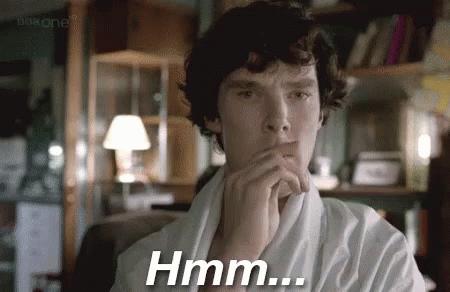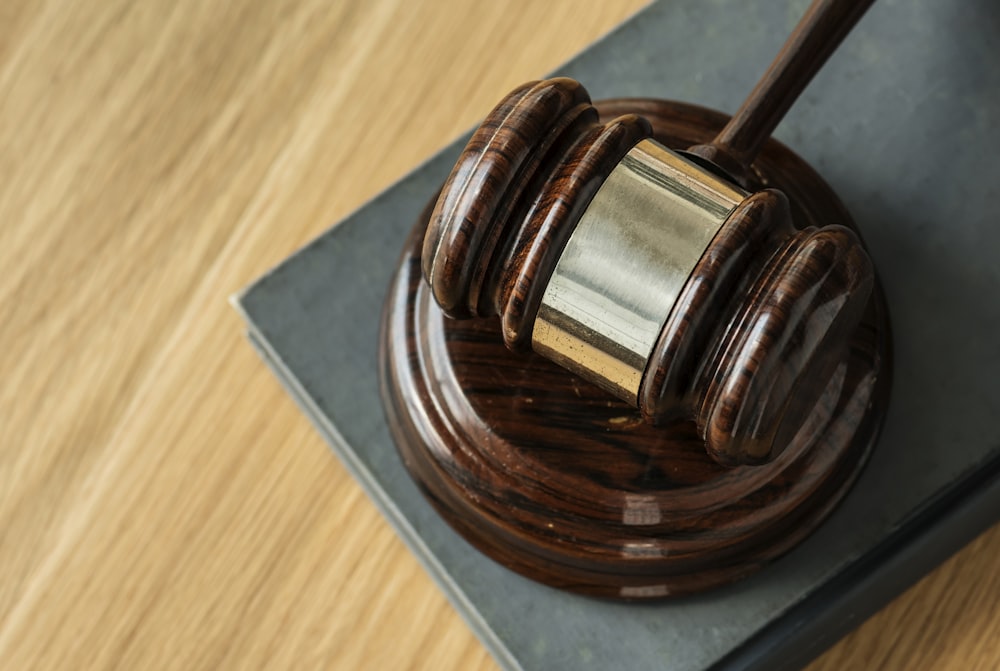
Ever since the case of Philomena Mwilu, it appears the law has been battling itself constantly with the latest war being that of professor Ojienda who claims untouchable as he is the law.
Due to this contradictions that the books of law might have not foreseen, prosecuting graft cases might be an uphill task for the Director of Public Prosecutions Noordin Haji.
The Appellate Court recently ruled that the High Court has a duty of evaluating the legality of the charges brought against a suspect and the prospect of securing a conviction.
Previous rulings by the court were that the task of evaluating such evidence was to be left to the trial magistrate.
The High Court, however, can consider the circumstances presented before it and determine whether the DPP was properly guided in bringing the charges or abused his discretion by being motivated by factors other than the pursuit of justice.
If, in the court’s view, the DPP took into account extraneous factors, it can quash such charges but the discretion to prosecute criminal offences is not to be lightly interfered with.

While quashing charges intended against former Central Bank of Kenya Governor Njuguna Ndung’u, two judges of the Appellate Court faulted a decision of the High Court rejecting to halt the intended trial.
Justice Erastus Githinji, whose decision was concurred with by Justice Jamila Mohammed, said the charges against Prof Ndung’u were largely dependent on documentary evidence and most of the facts were not in controversy.

The judges said Justice George Odunga of the High Court was called upon to find out whether or not the omissions allegedly committed by Prof Ndung’u, at face value, constituted the alleged criminal offences under the procurement law.
Justice Githinji said a decision on that issue could have been made without embarking on a trial by scrutinising the documents and upon consideration of the circumstances of the case and the law.
“In my respectful view, the High Court erred in law by failing to scrutinise the charges, the relevant documents including the decisions of evaluation committee, tender committee, review board and the High Court proceedings and reach a conclusive and objective decision on whether or not the charges had any legal or factual foundation and also a realistic prospect of conviction,” he said.
